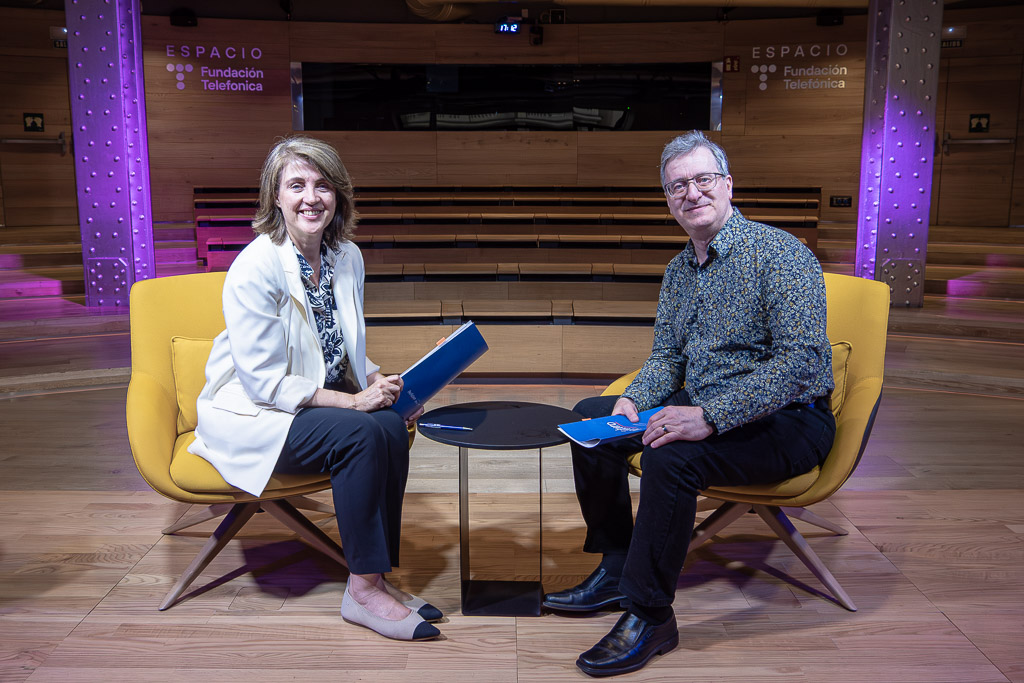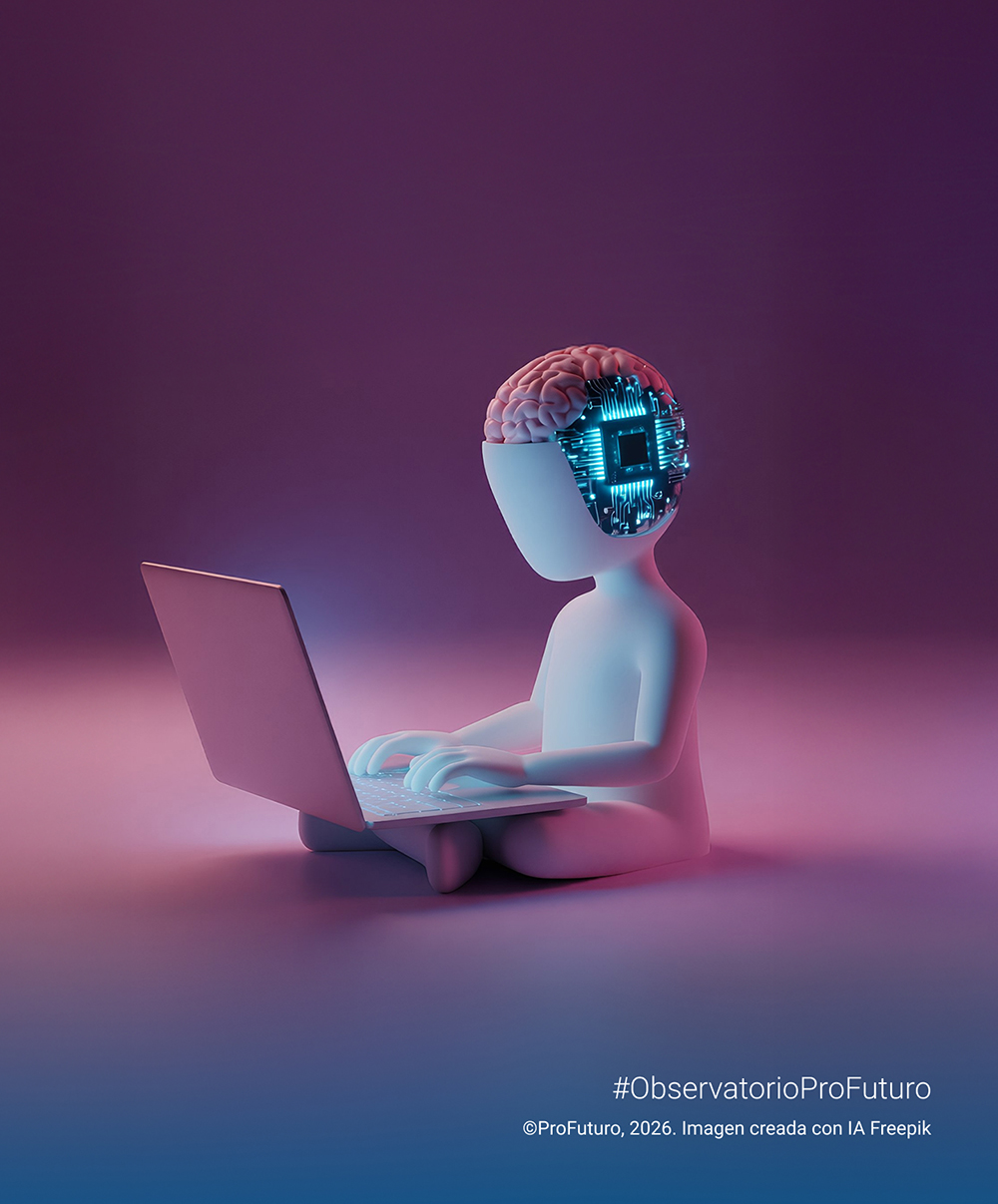Charles Fadel doesn’t raise his voice. Nor does he preach. One might say he even enjoys the contradictions posed by AI. But beneath his calm tone lies a clear warning: if we continue to teach the same way we did 50 years ago, AI won’t be the problem. Our obsolescence as a thinking species will be.
“This should have changed 25 years ago,” he recalls. Fadel has been warning for over two decades about the need to redesign school curricula. He was already talking about 21st-century skills back then. Today, with artificial intelligence capable of imitating texts, flying aircraft or drafting medical reports, his proposals sound more like an educational survival manual than pedagogical theory.
AI, he explains, challenges not only what we teach, but how. In a world where machines “synthesise answers in seconds” and access all human knowledge stored online, true value lies in what they can’t do: interpret context, exercise critical judgment, have purpose. “We can look at those answers and ask: ‘Does this make sense?’” he notes. That, he says, will be our most vital muscle: discernment.
Fadel proposes an education rooted in four dimensions—knowledge, skills, character, and metacognition—now updated in what he calls version 1.2: a framework adapted to what AI can already do (and will soon be able to).
But this is not about teaching against AI. Nor about replacing traditional subjects at random. “Just because technology can do something doesn’t mean you shouldn’t do it,” he clarifies. Like learning to add even though we have calculators. It’s an invitation to go further: to build solid foundations and then take flight. To form students—and teachers—able to coexist with an increasingly capable artificial intelligence.
His centre has developed specific materials for this. Practical, useful training. But he also stresses something less visible: the need to educate parents. Because, as he reminds us, “60% of a person’s success comes from their social environment.” And if that environment is driven by fear or tech-hype, the damage could be deep.
Fadel also offers sharp criticism of the education and political systems. “Policymakers have an enormous responsibility they’re not even aware of,” he warns. His prescription is clear: less trigonometry, more data science; less memorisation, more judgment. More courage to change.
Don’t miss the full interview with Charles Fadel on the Observatorio ProFuturo.






